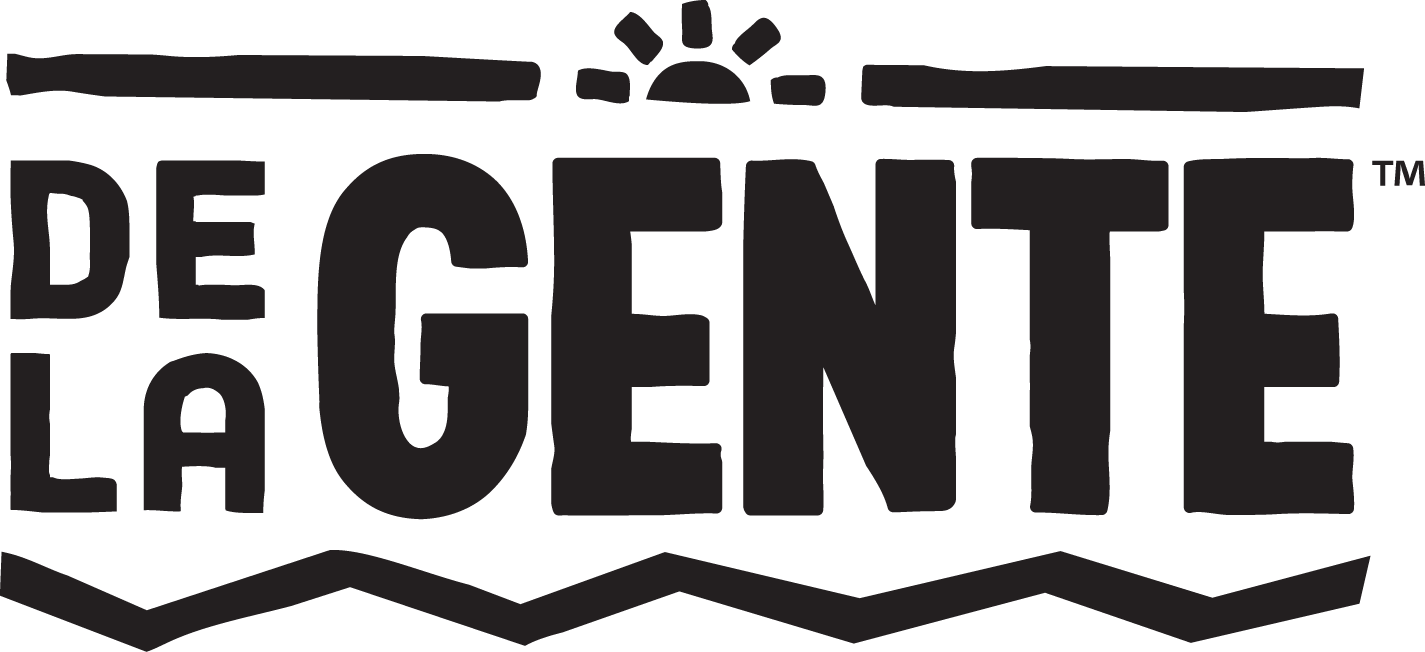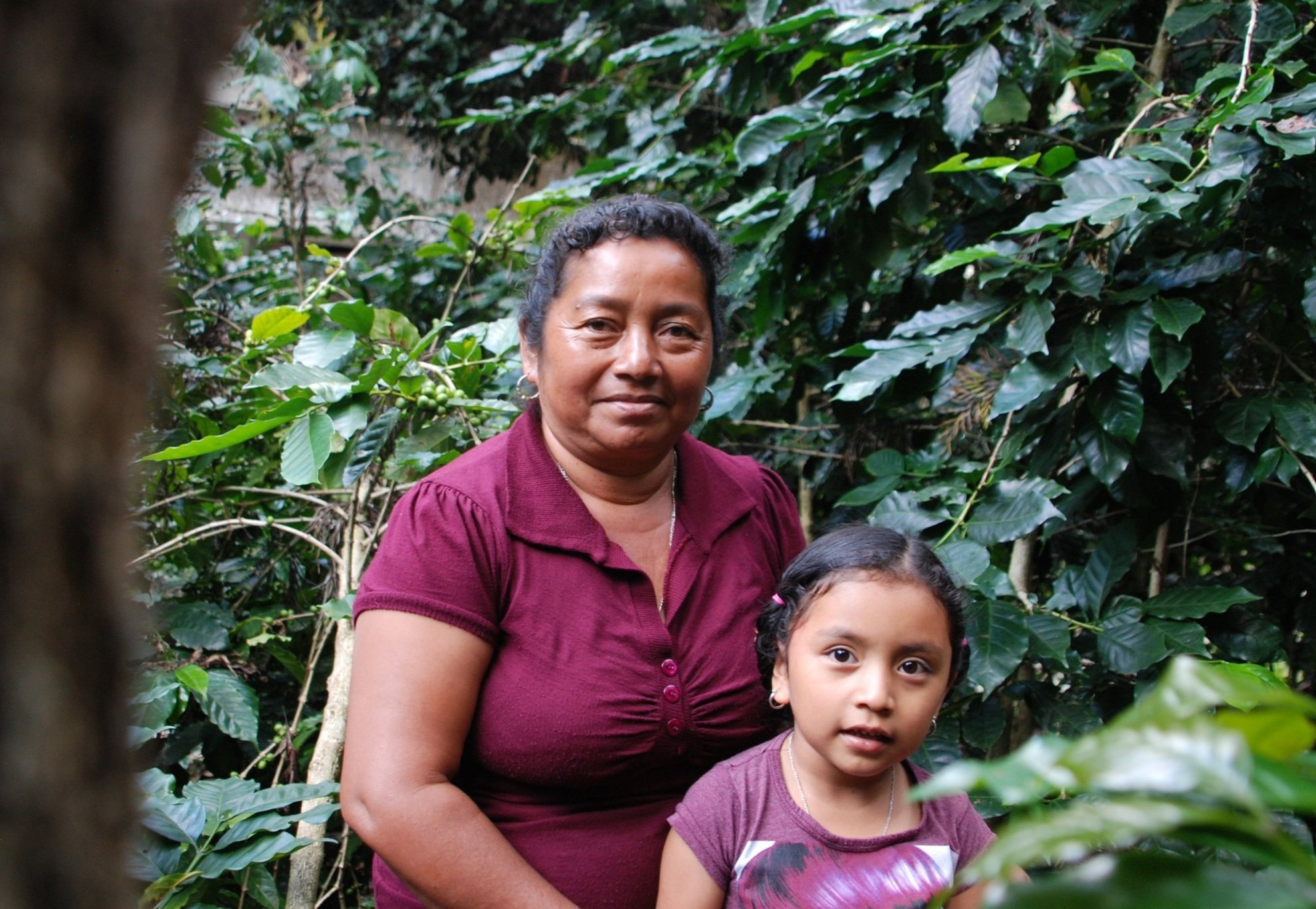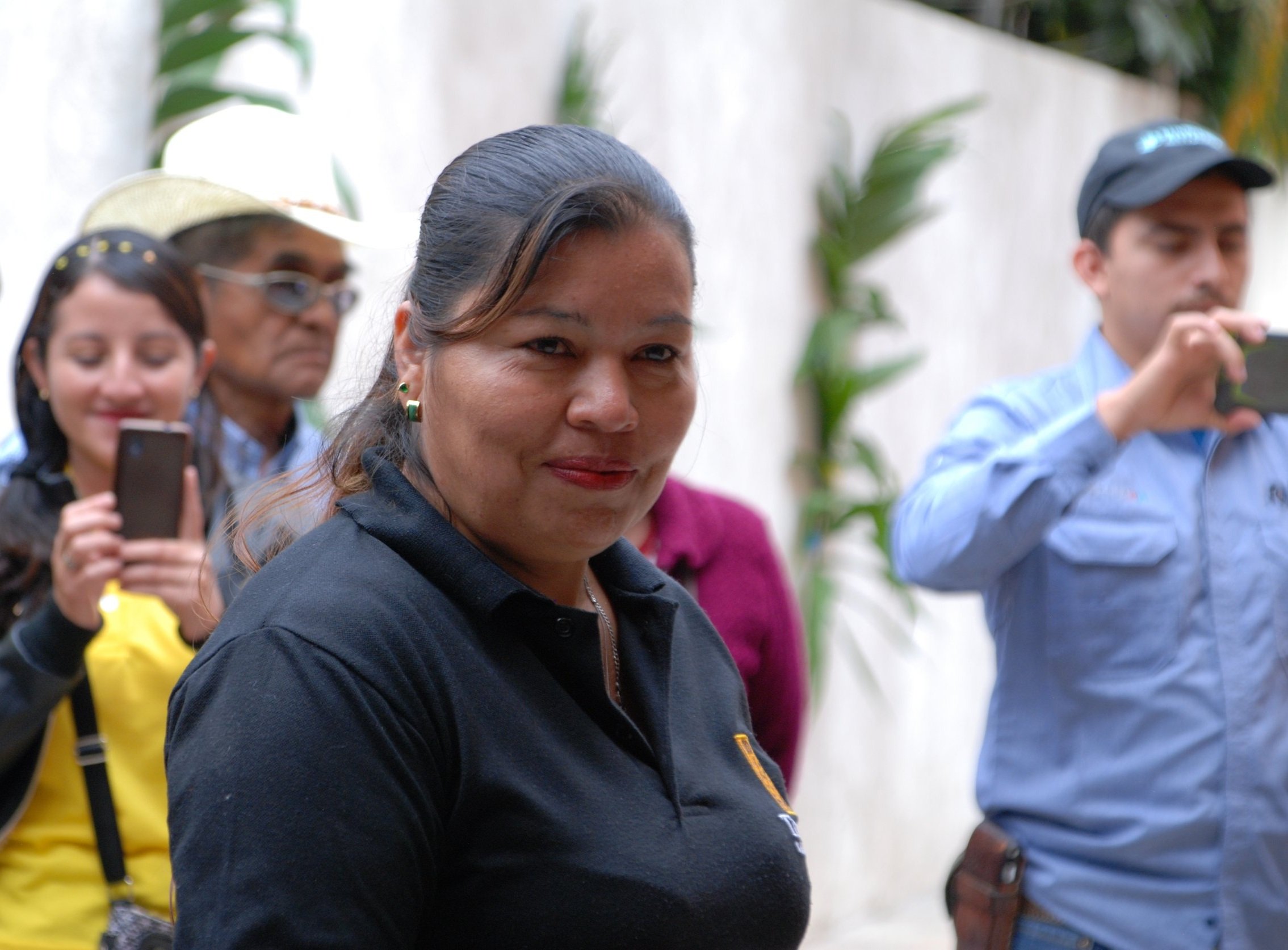Women in Coffee in Huehuetenango | Promoting Equality in the Coffee Industry in Guatemala
In rural, agricultural regions of Guatemala, where our partner cooperatives are located, women face distinct obstacles to achieving autonomy, as income-generating options for women are limited and in the face of extreme sexism. The coffee industry, as a male-dominated industry, has the tendency to not only overlook women’s potential, but also their past contributions.
Shifting Mentalities to Promote Equality
Since our founding in 2014, we have worked with a total of eight partner cooperatives, the majority of which were established by men, for men. With an acute awareness of this norm, we make efforts to advocate for more women upliftment and inclusion. Over the past (almost!) nine years, we have undoubtedly witnessed shifts in mentalities, more involvement of women in coffee cultivation, our partner cooperatives promoting equality, and women assuming positions of leadership.
While we still have a long way to go to truly achieve gender equality in this realm, it’s certainly worth highlighting where we see advancement—from the women coffee growers who are challenging the status quo to the administrations who are taking bold steps to break biases within their organizational structures. These examples serve as immense inspiration for what De La Gente, our partner cooperatives, and the entire coffee industry can achieve to ensure there are more women in coffee—from cultivation to processing to serving to negotiating.
Women in Coffee Break Biases in Huehuetenango
We have witnessed the most widespread bias-breaking at our partner cooperative, The Union (UPC), located in the remote, rural Western Highlands of Guatemala. For those aware of the context and patterns of extreme sexism in rural, economically marginalized communities within this region, the shifts that have taken place in The Union are all the more surprising and commendable.
Out of Guatemala’s 22 departments (like states or provinces), Huehuetenango has the second highest emigration rate. More than half of the cooperative members are women, who, as men have emigrated, have taken the reins as heads of household and turned to coffee production to provide for their families. In the midst of this shifting dynamic over the past several years, The Union has grown exponentially. They are our largest partner cooperative with a well-developed business model, several full-time paid positions, and various international export contracts. Of the nearly 170 cooperative members, more than half are women, including their legal representative, Blandy who has led them into this phase of promoting equality and growth so that specifically women producers can develop their coffee expertise and demonstrate their entrepreneurial skills.
Carolina and her sister, Oralia, who are both members of The Union, grew up in Huehuetenango among the vast coffee fields that extend deep into the mountainous terrain. “We have been surrounded by coffee since we were young girls,” says Carolina. “But, it was different because we weren’t part of the cooperative.” Men have typically worked in agriculture and women assumed domestic responsibilities such as child rearing, cooking, and working within the home.
However, in the face of extreme economic need and the effects of climate change, both of their husbands migrated to the Unites States. Carolina and Oralia then turned to coffee as a mechanism for supporting their families.
“After our husbands left for the United States, we began to invest in the coffee fields. Now, we feel grateful that we did this because thanks to this economy we can survive and opt for more opportunities.”
Carolina and Oralia both do this work with future generations in mind. "Our personal goal is to impact our children and grandchildren. We hope that this work makes it possible for them to attend school, have more opportunities, and achieve a higher quality of life,” says Carolina.
Oralia, echoes this sentiment saying, “we want coffee to reach more people and thus create more opportunities for our families… I am a single mother [and] I dream of coffee being a resource that we can develop here so that our families don’t have to migrate.”
De la Gente’s Partnership With the Union
We particularly value our partnership with The Union, because it provides the opportunity for us to exclusively invest in women upliftment and participation within the coffee industry. With such a high number of members and types of coffee cultivated, the cooperative, like many large cooperatives, segments how they process and market coffee. De La Gente only purchases wholesale green coffee from their women’s group, meaning that our contract with The Union 100% represents women in coffee—from the coffee growers to the legal representative.





